Indian Prime Minister Narendra Modi said he was optimistic about a stronger tie with Taiwan while responding to the island’s newly-elected president, Lai Ching-te on X. Modi thanked President Lai for congratulating him on his third consecutive election victory and highlighted the “fast-growing” India-Taiwan partnership, emphasising its potential to enhance peace and prosperity in the Indo-Pacific region. “I look forward to closer ties as we work towards mutually beneficial economic and technological partnership,” Modi said on X.
Thank you @ChingteLai for your warm message. I look forward to closer ties as we work towards mutually beneficial economic and technological partnership. https://t.co/VGw2bsmwfM
— Narendra Modi (@narendramodi) June 5, 2024
India- Taiwan bilateral cooperation
India and Taiwan are natural allies in several respects as both are democracies, share democratic values, uphold human rights and recognise the benefits of a rules-based international order. The total investment of Taiwanese enterprises in India has exceeded USD 4 billion, covering areas from footwear, machinery, automobile components to petrochemical and ICT products. Though India and Taiwan do not have formal diplomatic ties, the bilateral trade relations have been on an upward trajectory.
In 1995, New Delhi set up the ITA in Taipei to promote interactions between the two sides and facilitate business, tourism and cultural exchanges. The ITA has also been authorised to provide all consular and passport services. In the same year, Taiwan too established the Taipei Economic and Cultural Centre in Delhi.
This year, India and Taiwan signed a migration and mobility agreement that will facilitate the employment of Indian workers in diverse sectors in the self-ruled island, a move that is seen as reflective of the renewed momentum in the cooperation between the two sides.
What’s behind China-Taiwan tensions?
China has claimed Taiwan through its “one China” policy since the Chinese civil war forced the defeated Kuomintang (KMT), or Nationalists, to flee to the island with their Republic of China government in 1949, and has vowed to bring it under Beijing’s rule, by force if necessary.
China and Taiwan have nearly gone to war several times since 1949, and in August of 2022 and April of 2023 China staged large-scale war games around the island in protest at stepped up U.S. engagement with Taiwan.
Beijing sees Taiwan’s new President Lai Ching-te, who was inaugurated on May 20, as a “separatist” and supporter of Taiwan’s independence. Days after Lai Ching-te was sworn in, China launched two-day-long military drills, surrounding Taiwan in what it called “punishment” for so-called “separatist acts,” CNN reported. The reason for China’s drill is Lai’s inaugural speech, in which he called on Beijing to stop intimidating the island nation, over which China continues to make its claim.
Indian govt’s policy on Taiwan
In his third term, Modi faces the ongoing challenge of managing India’s tense relationship with China, which claims Taiwan as its territory. China opposes any official diplomatic ties between its partner nations and Taiwan, viewing Lai as a separatist. Following Lai’s inauguration, China conducted significant military drills around the island.
Relations between India and China have been strained since a border clash in 2020. On Wednesday, China’s Foreign Ministry congratulated Modi on his election win, noting that “a healthy and stable China-India relationship is in the interest of both countries.”
The Indian Government’s policy on Taiwan is clear and consistent – it facilitates and promotes interactions in areas of trade, investment, tourism, culture, education and other such people-to-people exchanges. In April, Tsai Ing-wen thanked PM Modi for extending support as the island was hit by a massive 7.4 earthquake.
On Wednesday, US President Joe Biden has not ruled out the possibility of using American military force to defend Taiwan in the event of a Chinese invasion.
In an interview published on Tuesday in Time magazine, Biden said he has made clear to Chinese President Xi Jinping that the United States will not seek independence for Taiwan as Washington had agreed with Beijing, Focus Taiwan reported.


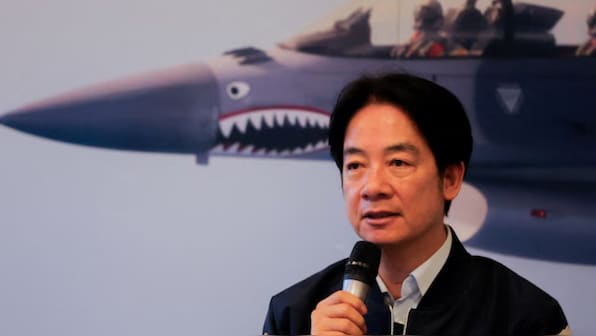




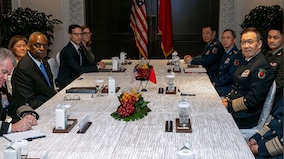
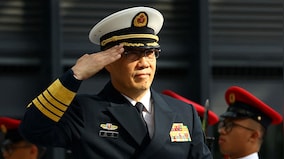
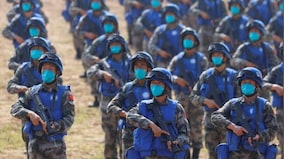
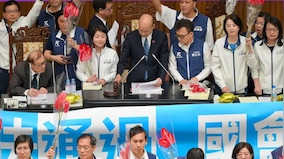
)
)
)
)